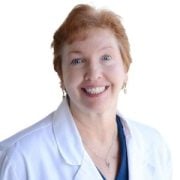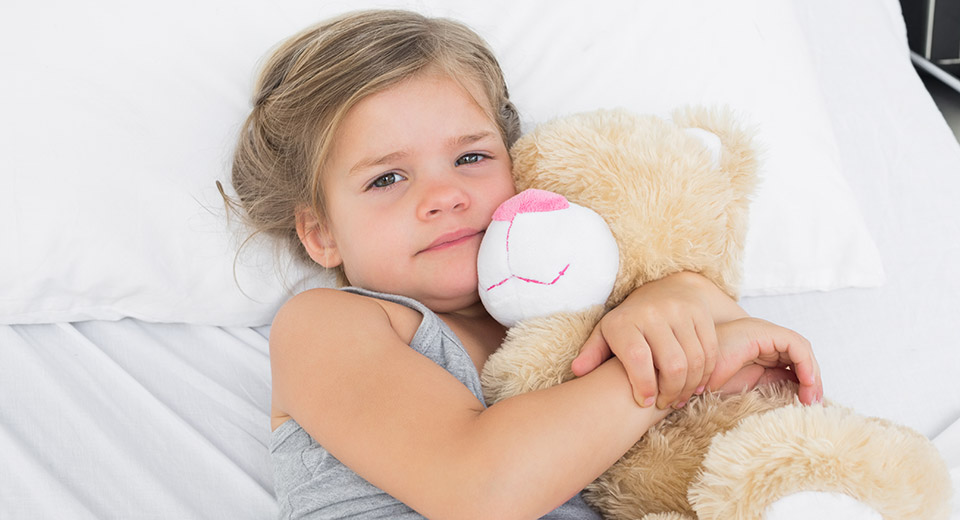
Author: Colleen Kraft, MD, Pediatrician
Parents often ask what medications should be kept on hand to help their child. The truth is that home remedies are safer and often more effective than over the counter medications.
Here is how you can treat your child’s symptoms with home remedies:
Runny nose:
- Suction (with something like a bulb syringe) to pull out the liquid out of your child’s nose or ask your child to blow his or her nose. When your child’s nose runs like a faucet, it’s getting rid of viruses.
Blocked nose:
Children from 3 months to 1 year of age with a common cold may feed more slowly or not feel like eating, because they are having trouble breathing.
- Use salt water (saline) nose spray or drops to loosen up dried mucus, followed by asking your child to blow his or her nose or by sucking the liquid from the nose with a bulb syringe. If you do not have nose spray or drops, warm water will work fine.Put 2 to 3 drops in the opening of each nose (nostril). Do this one side at a time. Then suck out the liquid or have your child blow his or her nose. Sometimes blowing gently into your child’s face may trigger sneezing, which will her him get rid of mucus.
- You can buy saline nose drops and sprays in a pharmacy without a prescription, or you can make your own saline soluti
on. Add ½ teaspoon of table salt to 1 cup of warm tap water. - Do nose washes whenever your child can’t breathe through the nose. For infants who bottle-feed or breastfeed, use nose drops before feedings. Teens can just splash warm water into their nose. Keep doing the nasal washes until what comes out of the nose is clear.
Coughing:
- Do not give infants under 1 year honey; it will not help with symptoms and can cause a sickness called infant botulism.
- For children 1 year and older: Use honey, ½ to 1 tsp, as needed. The honey thins the mucus and loosens the cough. (If you do not have honey, you can use corn syrup). Recent research has shown that honey is better than store-bought cough syrups at reducing how often coughing happens and how bad coughing is at night.
Liquids:
- Try to make sure your child is staying hydrated. When there is enough water in the body, the mucus the body makes becomes thinner, making it easier to cough and blow the nose.
Humidity (amount of water in the air):
- If the air in your home is dry, use a humidifier. Moist air keeps mucus in the nose from drying up and makes the airway less dry. Running a warm shower for a while can also help the air be less dry. Sometimes, it can be helpful for your child to sit in the bathroom and breathe the warm mist from the shower.
Treatment Is Not Always Needed
If cold symptoms are not bothering your child, he or she doesn’t need medicine or home remedies. Many children with a cough or a stuffy nose are happy, play normally, and sleep well.
Only treat symptoms if they make your child uncomfortable, have trouble sleeping, or the cough is painful or bothersome to your child.
Because fevers help your child’s body fight infections, only treat a fever if it slows your child down or causes discomfort. This doesn’t usually happen until your child’s temperature reaches 102°F (39°C) or higher.
If needed, acetaminophen (e.g., Tylenol) or ibuprofen (e.g., Advil, Motrin) can be safely used to treat fever or pain.
Medicines
Oral over-the-counter (OTC) cough and cold medicines can cause serious harm to young children. The risks of using these medicines is more than any help the medicines might have in reducing cold symptoms.
- From ages 4 to 6 years: Cough medicine should be used only if recommended by your child’s doctor.
- After age 6: Cough medicines are safe to use but follow the instructions on the package about the right amount of medication to give.
Luckily, you can easily treat coughs and colds in young children without these cough and cold medicines. Home remedies are safe and effective!
The information provided is for general interest only and should not be misconstrued as a diagnosis, prognosis or treatment recommendation. This information does not in any way constitute the practice of medicine, or any other health care profession. Readers are directed to consult their health care provider regarding their specific health situation. Marque Medical is not liable for any action taken by a reader based upon this information.

